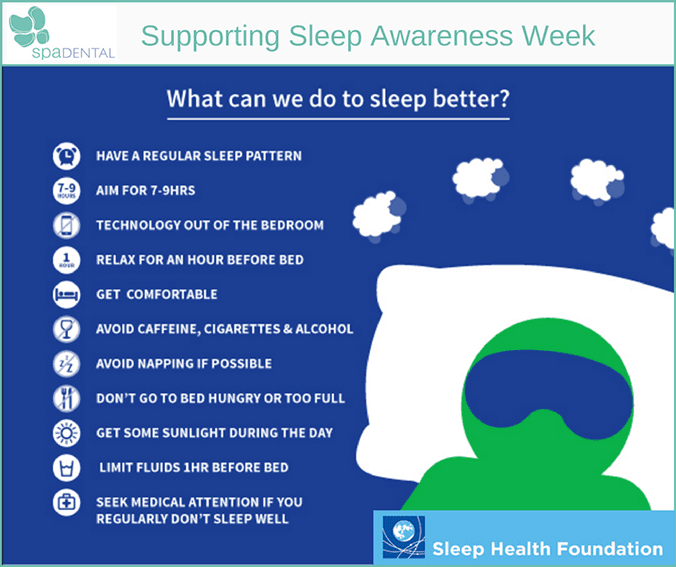This article provides ten practical tips for achieving a restful and rejuvenating night’s sleep. The tips range from establishing a consistent sleep schedule, creating a calming bedtime routine, to minimizing screen time, managing stress, and getting sunlight during the day. Additionally, the article discusses the importance of creating a comfortable sleep environment and limiting caffeine and alcohol consumption, which can disrupt our sleep patterns. The article also suggests the consideration of natural sleep aids such as melatonin, valerian root, or chamomile tea if having trouble sleeping. Following these tips can help promote better sleep and improve overall health and wellbeing.
Ten Tips for a Good Night’s Sleep
Getting a good night’s sleep is crucial for our health and overall wellbeing. Unfortunately, many people struggle with sleep, whether it be difficulty falling asleep or staying asleep. In this article, we’ll discuss ten tips for achieving a restful and rejuvenating night’s sleep.
1. Stick to a sleep schedule
The body thrives on routine, and our sleep patterns are no exception. Try to establish a consistent sleep schedule, even on weekends. Going to bed and waking up at the same time each day helps regulate our circadian rhythm and promotes better sleep.
2. Create a calming bedtime routine
A bedtime routine signals to our brains that it’s time to wind down and prepare for sleep. Consider activities that promote relaxation, such as reading a book, taking a warm bath, or listening to calming music.
3. Limit caffeine and alcohol
Caffeine and alcohol disrupt our sleep cycle, making it harder to fall asleep and stay asleep. Remember to limit consumption of these substances, especially in the hours leading up to bedtime.
4. Create a comfortable sleep environment
Make sure your bedroom is conducive to sleep. Keep the room cool, dark, and quiet. Invest in a comfortable mattress and pillows that support your body’s needs. If you’re sensitive to sound or light, consider earplugs or blackout curtains.
5. Exercise regularly
Regular exercise can promote good sleep, as long as you don’t exercise too close to bedtime. Aim for at least 30 minutes of physical activity most days of the week, but try to finish your workout at least two hours before you go to bed.
6. Minimize screen time
Blue light emitted from electronic devices can interfere with our sleep patterns. Avoid using electronic devices such as smartphones, tablets, and laptops in the hour leading up to bedtime.
7. Don’t eat too close to bedtime
A full stomach can make it difficult to fall asleep, so avoid heavy meals late in the day. If you do need a bedtime snack, choose something light and easy to digest, such as crackers or a banana.
8. Manage stress
Stress and anxiety can keep us up at night. Try relaxation techniques such as meditation, deep breathing, or yoga to help reduce stress and promote better sleep.
9. Get sunlight during the day
Sunlight helps regulate our circadian rhythm and can improve our sleep quality. Try to get outside and expose yourself to natural light during the day, especially in the morning.
10. Consider natural sleep aids
If you’re still having trouble sleeping, consider natural sleep aids such as melatonin, valerian root, or chamomile tea. Talk to your doctor before trying any new sleep aids, especially if you’re taking other medications.
In Conclusion
A good night’s sleep is essential for our health and wellbeing. By following these ten tips, we can promote better sleep and wake up feeling refreshed and rejuvenated each day.
